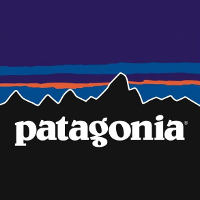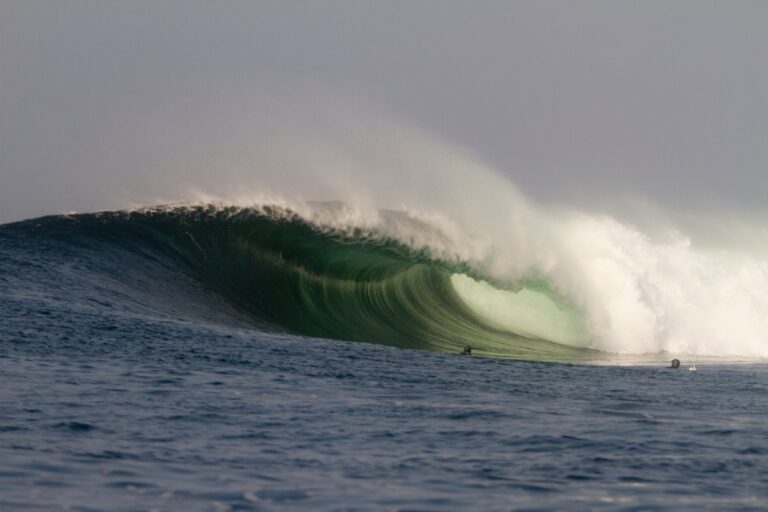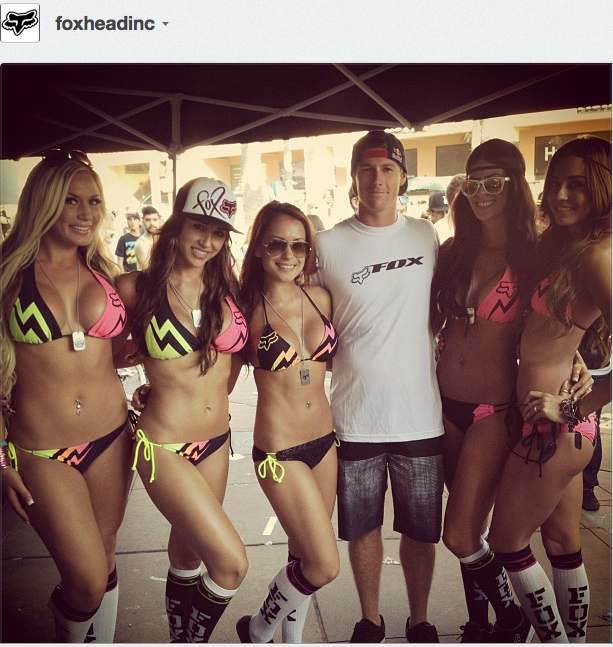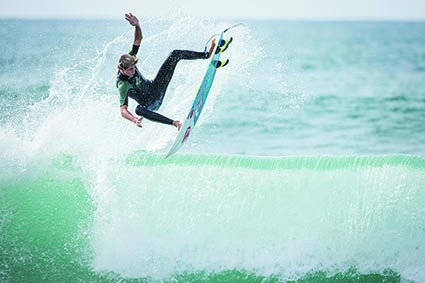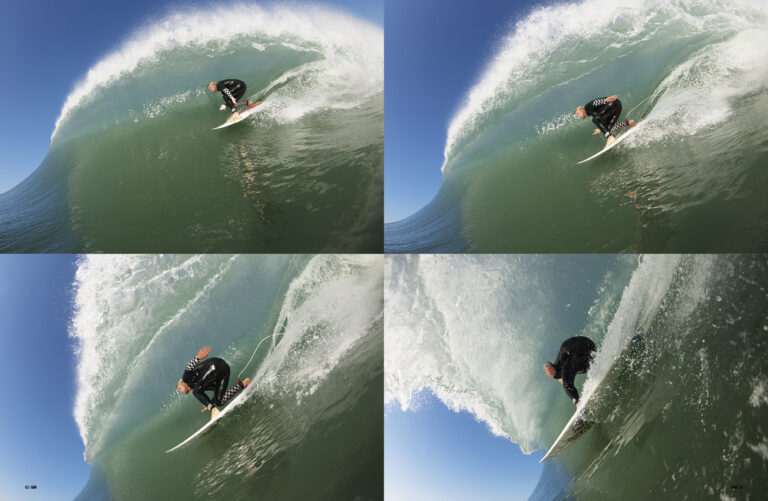Missed part 1? Read it
Words by Ben Weiland
Photos by Chris Burkard
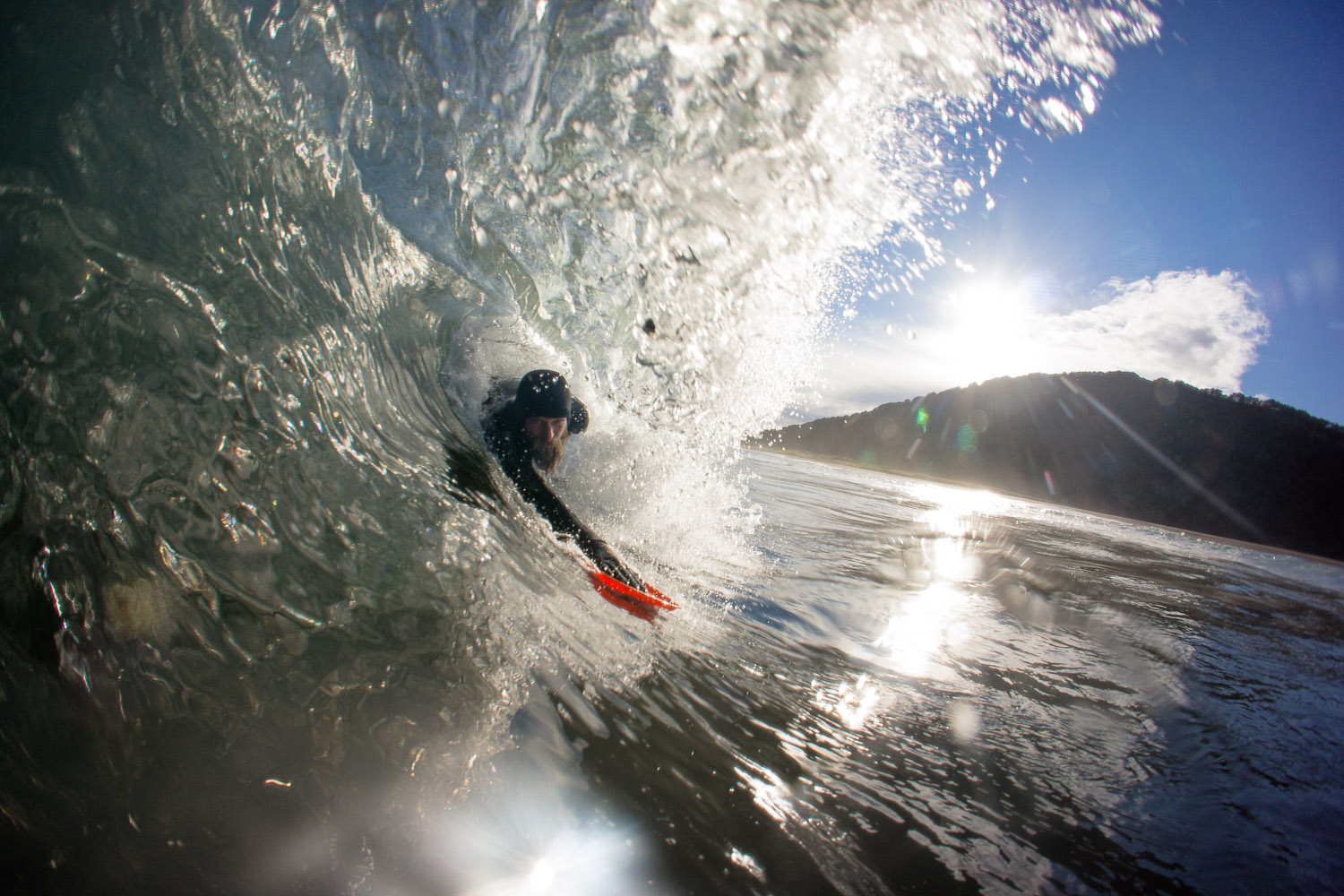
The helicopter’s engine screamed. Thousands of rivets zig-zagged across its back and rattled in their sockets. It was a dinosaur, an Mi-8 model hatched from Soviet days of glory over 40 years ago. A thick outer shell encased the cabin and bulged upward in a sort of hunched back beneath the rotors. The back cabin narrowed into a long, angular tail with a rear hatch for loading supplies. The thing smelled like fossil fuels. Inside we had enough room for all of our camping equipment and surfboards. Because it was old, the chopper had been painted bright orange to give it a fresh feeling. But these things went down all the time.
We lifted. The chopper’s shadow shrank, then darted across trees, rivers, and lakes. Layers of mountains peeled away. The sea appeared. We passed glassy reef setups and points with soft waves trickling over them. There were all kinds of breaks, but most were too protected from the angle of swell. The pilot kept a strict schedule, a plan welded fast, from which there would be no turning. He granted 2 hours on the ground and not a minute longer. We would look for a setup from the air and select a place to land. Once on the ground, we would assess the quality of the surf break and decide whether we would surf for 2 hours and head back, or make camp and let them leave us in the wilderness for a number of days, and then come back and retrieve us after we contacted them with a satellite phone.
The rivets rattled. Keith’s eye’s grew wide. At the mouth of a river a teardrop-shaped gravel bar stretched out to sea. Thin lines of whitewash travelled along its contours and wrapped inward 180°. The whole thing was surrounded by a stadium of cliffs and mountains. Our chopper touched down on a spit by the mouth of the river.
At the mouth of the river a triangular bar extended 200 yards out into the ocean. Tiny lefts and rights peeled flawlessly into an offshore wind…too small to surf. We stood on the shore, mesmerized. The setup looked fantastic, but it was clear that it would take a surgically precise swell direction to sneak in here, one the forecast didn’t hint at in the next few days. There was no sense in staying and camping. So we grabbed our poles. Soon the 2 hours were up. Our pilot was leaving no matter what. We rushed to get all of our gear back into the chopper.
“Where’s Cyrus?” someone asked as the helicopter began to lift off the ground,.
The last time anyone had seen him, he had been fly-fishing his way up the river. Dane looked out the window. Cyrus bounded through the grass with his pole, particles of fly-fishing gear flying off his vest, all the while wondering whether the pilot had been trained to fly helicopters during Soviet times, and whether he would have no problem leaving him behind in the wilderness. We urged the pilot to wait. Cyrus climbed in as the chopper was already off the ground.
“But being stranded down there wouldn’t have been so bad,” he said. “ I could have surfed fished salmon for the next month while I waited to get picked up.”
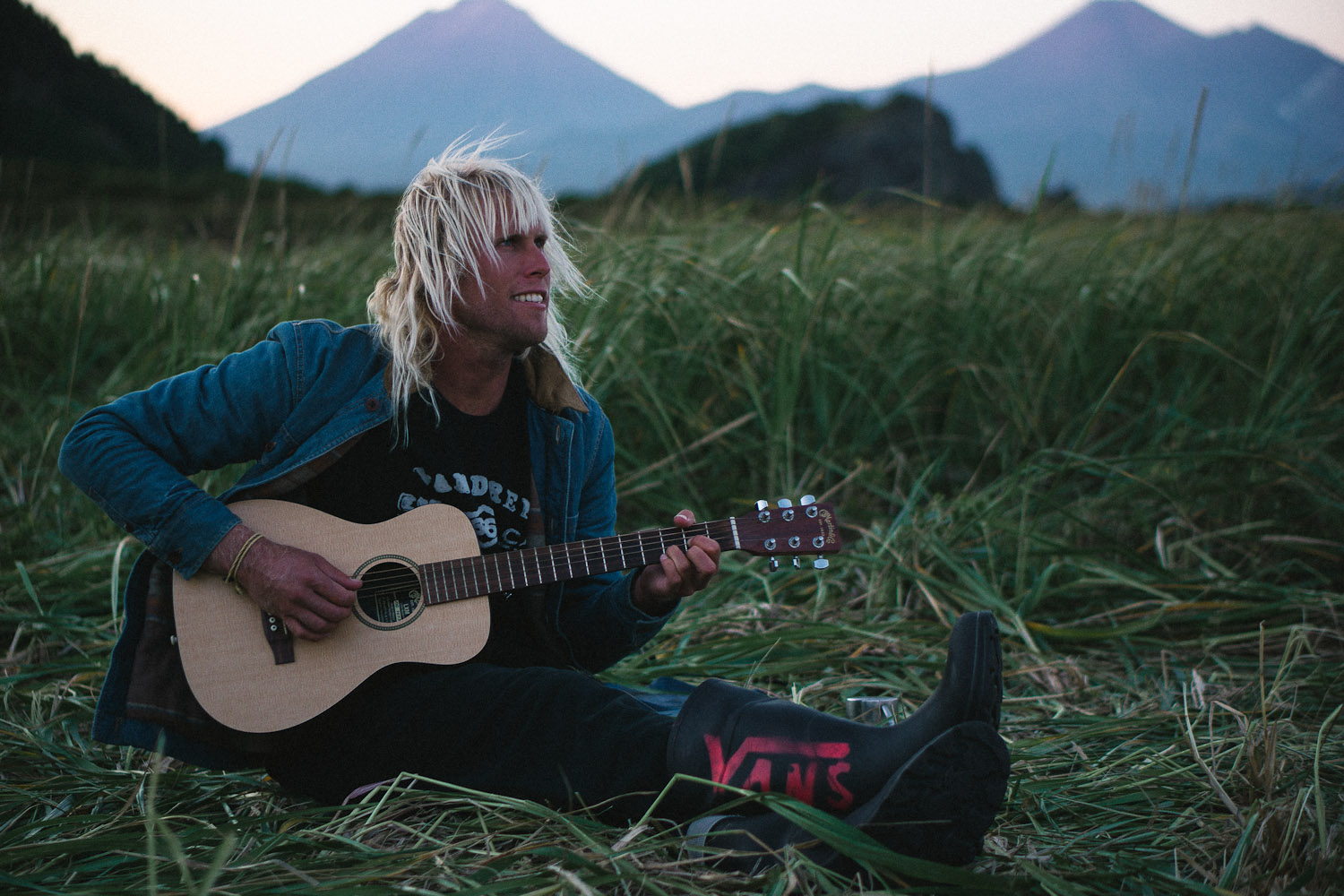
In the city, traffic clogged streets. Blocks of pre-fab concrete apartments lined roads. Other buildings looked like moon laboratories—pipes twisting all around their outside. Pillars of steam climbed into the sky. The whole city was a dystopia of vintage artifacts. Old VW buses zoomed past. On a mural painted across the face of a building, a five-story-tall stern-faced man held forth a shot of vodka. Below it, a bolded, two-story command: No! It would have passed as an urban art landmark in any American metropolis.
Impenetrable forest was only a few miles away. The boundary between city and wilderness was thin. A gigantic smoking cone loomed over the city and could be seen from every street corner. That unpredictable purple pyramid was a constant reminder of natural destruction.
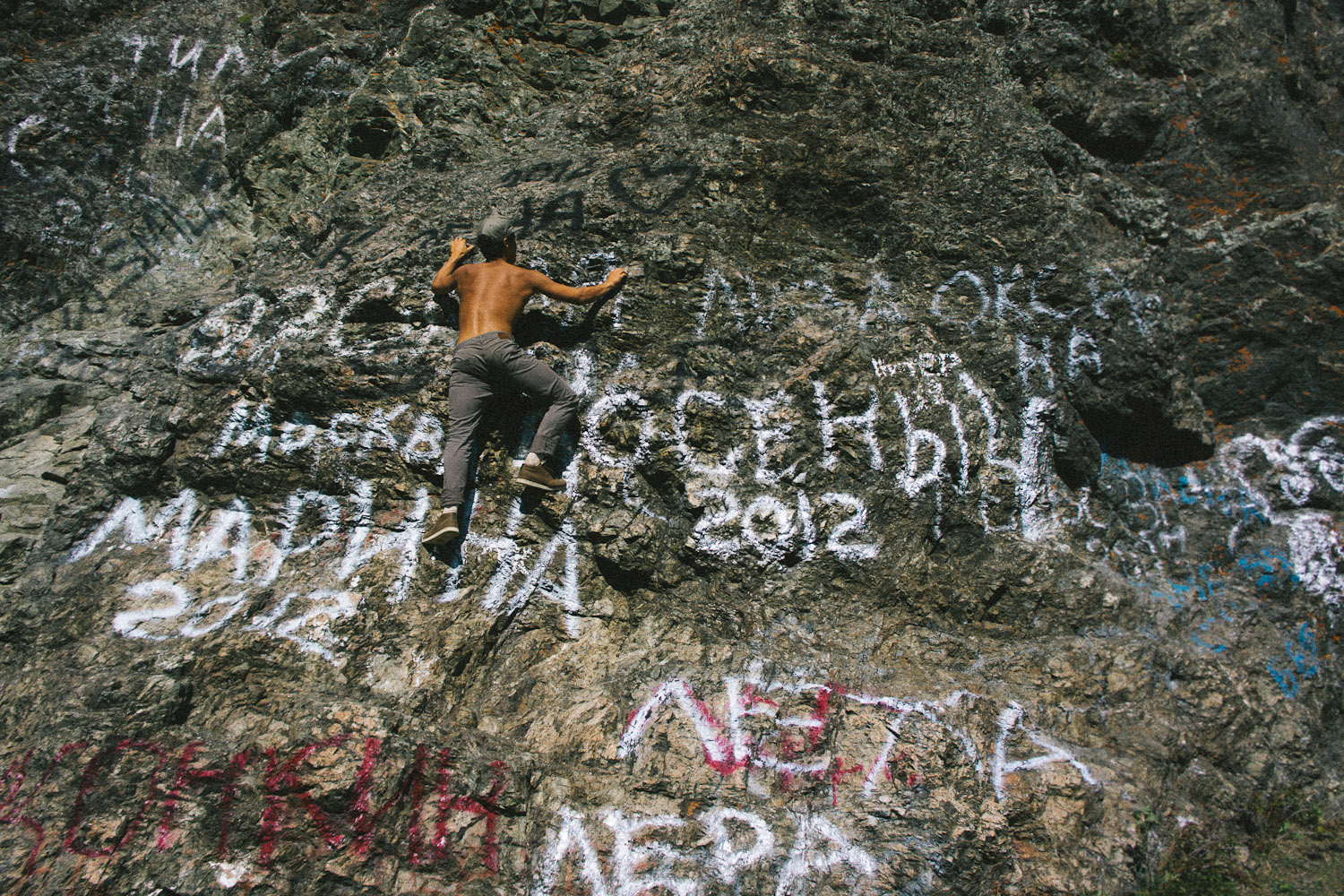
As we left the city, the paved road became packed dirt. Soon our truck crested a dune. We heard the sea hissing as waves spilled on the beach. A car topped with boards was parked where the road ended. Four people eagerly unstrapped boards from the roof. As our roaming bomb shelter pulled up, they waved.
One of them introduced himself as Anton, the leader and instructor of a local surf club. He explained to us that he and his friends had been surfing the beaches outside of the city for over two years. His introduction to surfing came when he had bought a copy of the surf classic In God’s Hands. When Tom Curren visited a few years later, it spurred Anton to try surfing. Through the internet, Anton and the growing crew of surfers obtained mainstream surf-brand clothing and soft-top boards. Anton occasionally traveled to Indonesia and the Philippines to find warmer waves. In fact, he was leaving to surf Cloud 9 the following week.
Anton educated us about tide, direction, and the swell forecast. He explained that Tom Curren had found a good setup close by, what his friends now referred to as “Curren’s Point”. Anton believed it to be the best break around.
“Where’s it at?” Dane asked.
“You can’t surf it anymore,” Anton said. The break was located a mile inside a military base.
***
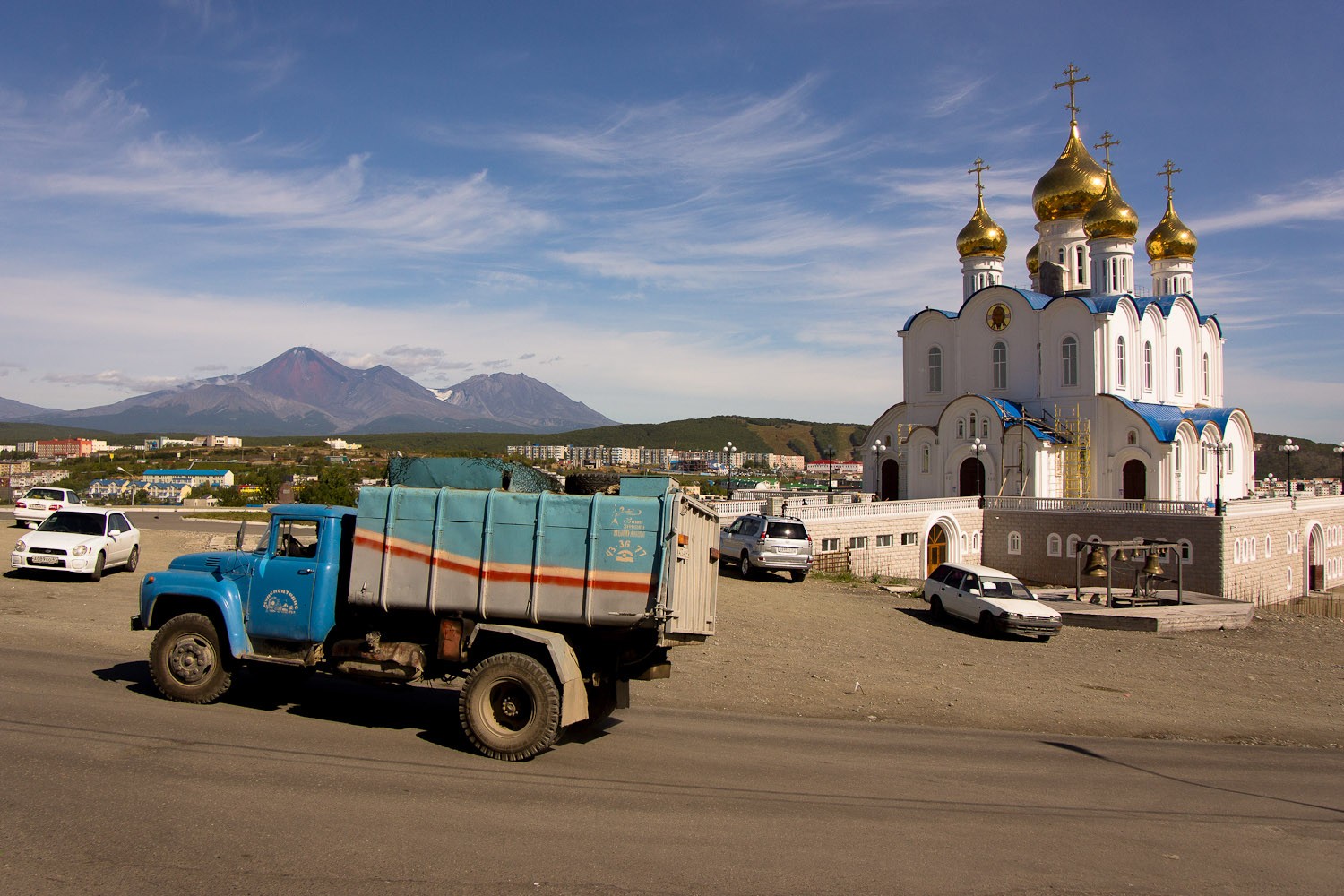
We pulled up next to the base the next morning. A river marked the boundary. On our side the city had come out for the weekend. Techno music thumped from cars. Behind us, a stocky man in a speedo fired a pistol into the sand. He handed the gun to his wife who hardly fit into her beach-party string-wear. Later their four-year-old daughter shot a few rounds. Down by the river mouth three round men charged into the ocean naked, ran back up the dune, and rolled around in the sand. Quads squealed, wave-runners cut tight circles in the estuary, gasoline fumes drifted through the air. Every inch of sand hosted a full-throttle beach carnival. By the end of the day hundreds of empty vodka bottles littered the ground. The whole scene was presided over by the great smoking polygon whose entire triangular edifice could be seen even from the beach. But no one seemed concerned about whether Mt. Doom would someday bring the party to a crashing close.
Swell from almost any direction could made it in here. East swells arrived in short pulses that lasted only a few hours. We kept a steady watch. Small lefts and rights formed on the sand bars. Intervals were short. Sets practically climbed on top of each other.
But we waited for the south swell. It was due to arrive any time now. South swells had a more robust period. And when it finally arrived it was all rights—long, racing, and accompanied by a running current. The sandbar was shallow like a shelf, and waves sucked out along its edge. They detonated in a foot of water, onto hot black sand, head-high, hollow, and crystal clear.
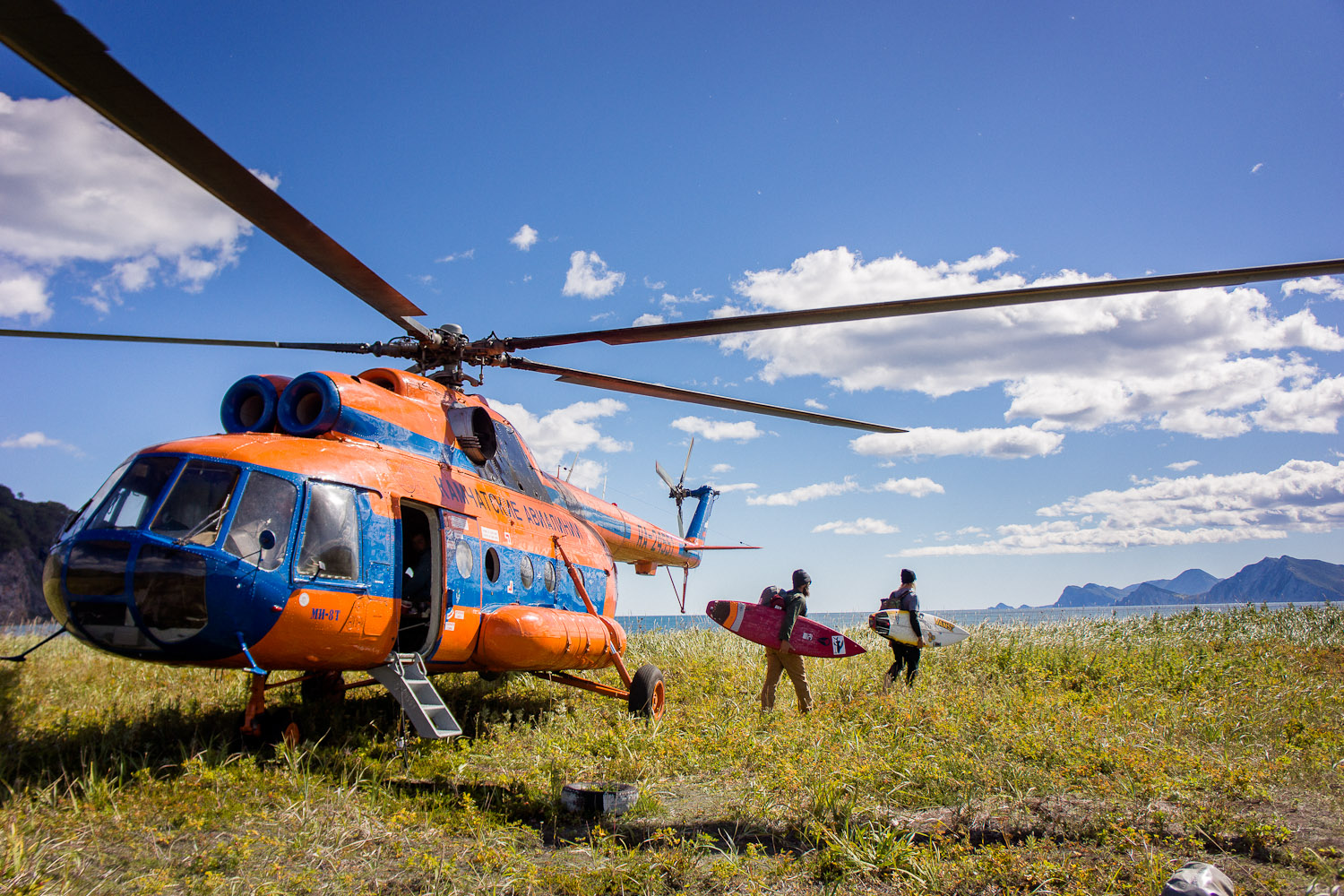
The water temperature was frigid. Getting in was painful. Dane and Trevor were already in the water wearing boots and gloves. I ran to join them, but without gloves. The air had been warm and I had completely forgotten to put them on. The instant my hands hit the water, pain shot through them. Within seconds I found myself turning around and riding whitewash back.
Meanwhile, Dane fought his way to the peak. He found a set wave and sped through a series of bottom turns and top turns, snapping tight arcs and sending spray far into the air. Trevor dropped into the next one and traveled through a racing barrel section, finishing the wave with a wrapping roundhouse. Further down the beach, Keith pulled into a hollow wall backside and launched off the inside section. Cyrus waited outside for the next wave. He paddled in early and drew a speed line across the face on his asymmetrical board. He grabbed rail and pulled in. At the very end the barrel pinched. He bailed his board and body surfed the rest of the wave onto the sand.
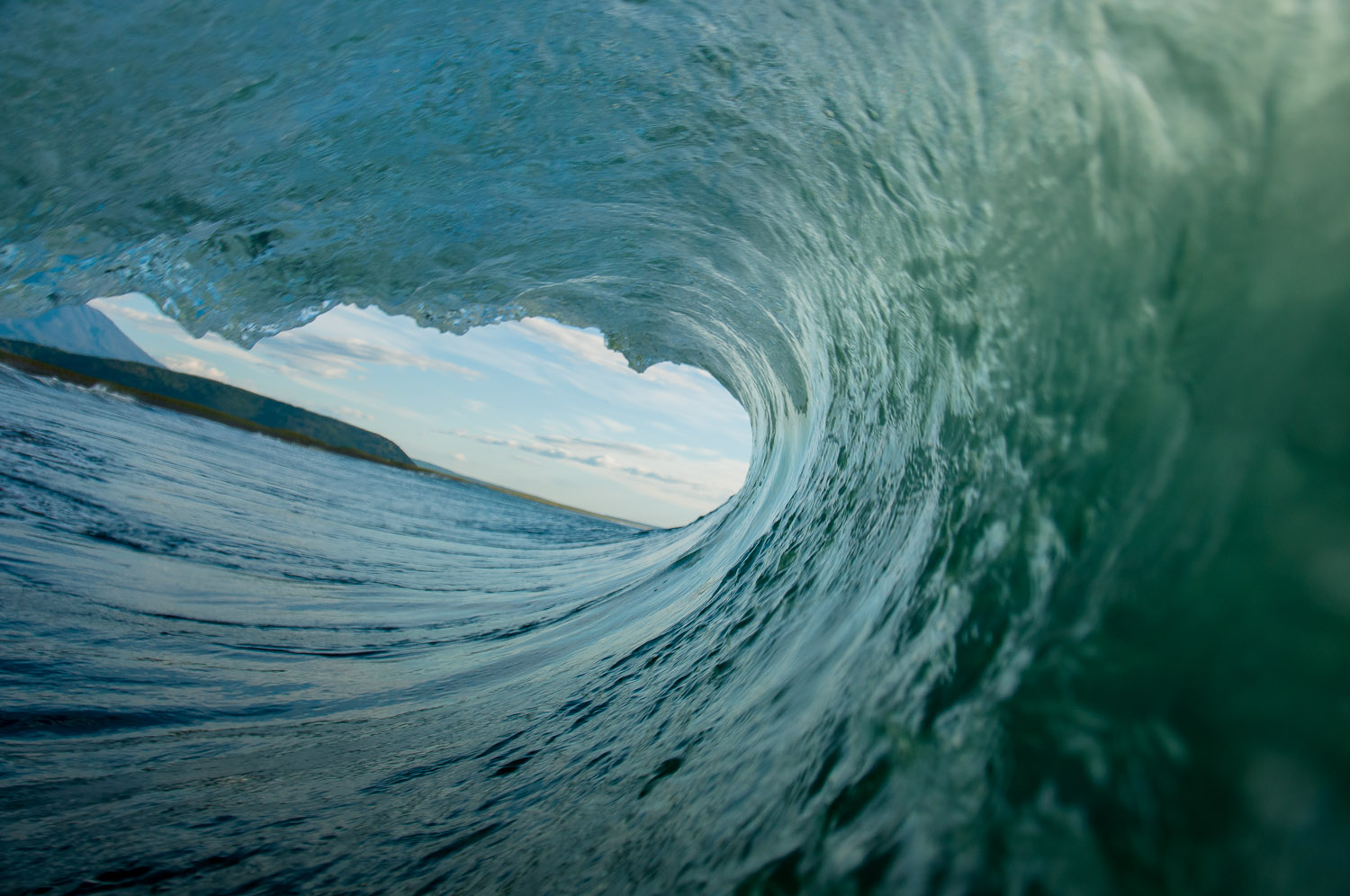
As the tide came up, the wave began to loose its shape. On the other side of the river a new wave appeared, breaking more shallow and more hollow. We forded the river and marched down. The noise of the weekend beach scene disappeared behind us. Suddenly a military guard came up from behind. From a few feet away he studied us as we studied the surf. He didn’t say anything. I walked over and introduced myself. I asked if he would allow us to check the waves further down the beach. He shook his head. We continued to watch the waves. I tried again. I asked if he would come with us, escort us. Again he declined. But this time he didn’t seem as confident. I could tell he needed to be persuaded. We eagerly explained that the waves were better further down. Still he looked unconvinced.
“Smaller there,” he countered.
“Barreling,” Chris replied. He made a circular motion with his hand. “Hollow.”
The guard could barely understand English, much less surf-speak, but he understood our enthusiasm. Finally he obliged.
He led us to a place where the sand jutted out to sea. At first the surf looked flat, but every so often an overhead wedge formed over a sand shelf that looked like the contour of a slab. The wave sucked out and folded over it, almost as thick as it was tall. Dane dropped in on the first set wave and got gulped by a closed out. The lip detonated in a foot of water. Trevor joined him in the lineup. A few waves stood up and hit the sand bar perfectly. They stayed open just long enough to sneak out before the whole thing exploded onto dry sand. It was getting late and the guard indicated that it was time to leave.
“I love the challenge of surfing these kinds of places,” Dane explained as we walked back. “It doesn’t come easy. But when it all comes together, it makes it that much more worth it.”
The guard followed us to the river and waited as we crossed over. He watched us with folded arms, making sure we didn’t come back.

